

The Caribbean Culture Fund (CCF) has awarded funds to nine additional projects.
This most recent round of grantees were finalists in the CCF’s first call for proposals in 2024. According to CCF Executive Director, Kellie Magnus, the additional grants were awarded from cost savings from the CCF’s first year of operations. These additional projects received strong support from the jurors in the first round.
The extension of the first cohort brings the total number of grants awarded by the CCF to 50 projects across 11 Caribbean countries.
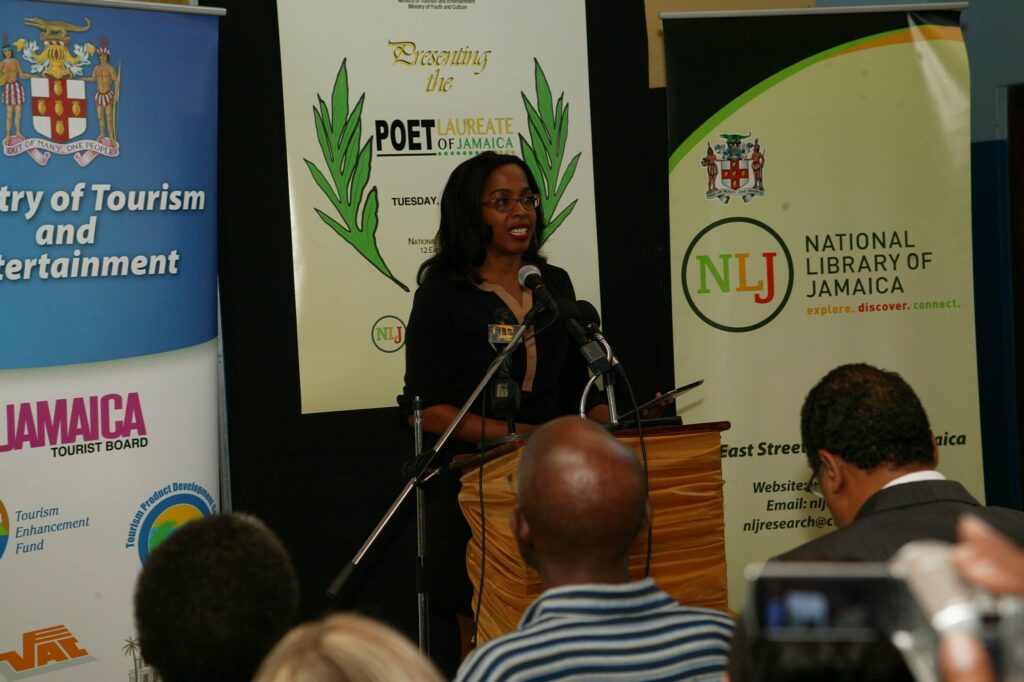
Projects Rooted in Relevance
The selected projects deal with a broad range of themes, from environmental awareness and sound ecology to intergenerational storytelling and Caribbean history.
Art for Social Change and Civic Engagement: This theme focuses on projects that use creativity to question dominant narratives and open new forms of civic dialogue. Five projects received funding in this area.
● Ankadre Atis Fanm – Haiti
Led by Amandine Saint Martin, this program supports Haitian women artists through production assistance, promotion, and the sharing of skills and knowledge. It includes work with girls and visually impaired communities, offering a rare platform for inclusive practices in the Haitian arts.
● Beyond the Beach – Barbados
Created by Clish Gittens, this multidisciplinary launch event accompanies an anthology reimagining the blue economy. It explores the social and ecological relationships islanders have with the sea, promoting a sustainable and community-centred view of ocean life.
● Listen Jamaica – Jamaica
Curated by Dr. Isis Semaj-Hall, this digital sound gallery begins with The Riddim of Water, a virtual exhibit built from field recordings of Jamaica’s water bodies. It addresses climate and ecological issues through immersive sound and storytelling.
● Mon Corps Non Tabou – Haiti
Led by Louvenson Saint Juste, this project uses workshops with adolescent girls to break taboos around sexuality. Participants express themselves through art and dialogue, resulting in a prototype book and digital materials aimed at wider youth audiences.
● República del Underground – Dominican Republic
This multidisciplinary residency connects musicians, street artists, writers, and visual creatives from across the Dominican Republic’s independent art scene. It promotes cross-disciplinary work and documents artistic processes through interviews, podcasts, and performances.
Caribbean Collaboration: This theme supports regional exchanges and artistic partnerships across languages and borders. Four projects were selected under this heading.
● NEV en REV – Haiti/Dominican Republic
Building on Guy Régis Jr.’s acclaimed sound installation NEV, this new project creates a virtual reality experience about the history of slavery on the island of Quisqueya. The project brings together artists and historians from both Haiti and the Dominican Republic in a powerful reimagining of shared trauma.
● Sugar Island – Dominican Republic, Puerto Rico, Cuba
Directed by Johanné Gómez Terrero, this regional tour of the documentary Sugar Island invites viewers to confront the colonial legacy of the sugar industry. Screenings are paired with visits to historical sites and cultural institutions to spark cross-Caribbean conversation.
● Soundscaping the Caribbean Ecosystem – Jamaica & Trinidad and Tobago
Produced by SharPa Notes Production Ltd, this participatory sound project works with young women (ages 16–18) to collect environmental recordings and compose original sound pieces. It nurtures both ecological awareness and musical skills in underrepresented communities.
● Residencia Artística El Cruce – Dominican Republic, Cuba, Haiti
Founded by Helen Ceballos and led by Tomas Perez, this cross-border residency brings together 20 artists for two creative exchanges: one at the Dominican-Haitian border, and one in Santiago de Cuba. The focus is on process, community work, and building long-term regional artistic networks.
The CCF supports projects that respond to urgent cultural and social realities in the Caribbean. The projects listed above highlight issues like environmental resilience, workforce development for young people, historical awareness, and creative innovation.

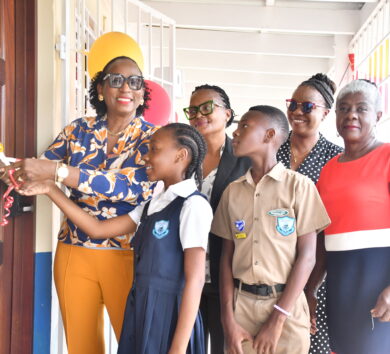
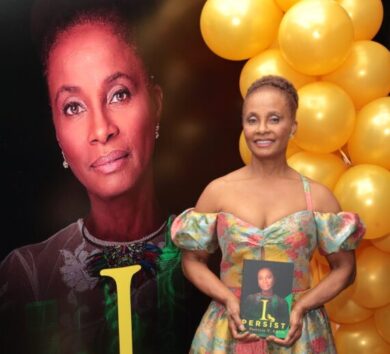
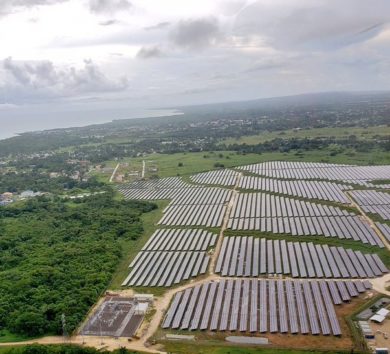

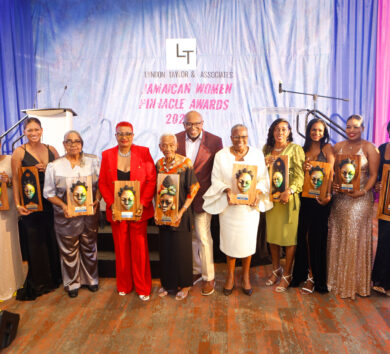
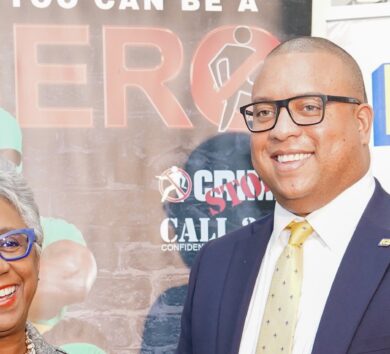
Comments